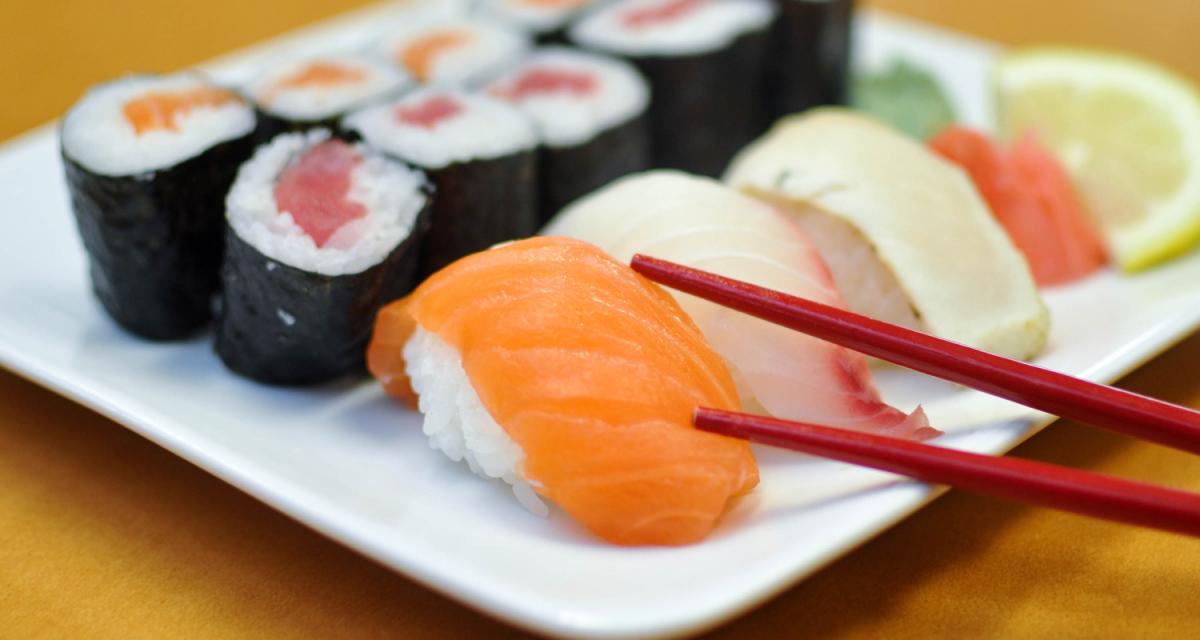June 19, 2018
Seafood mislabelling in Metro Vancouver: Foodies can be fraud victims too
Estimated reading time: 0 minutes
BY: Julia Levin
Topics: Stop Seafood Fraud
Seafood is a staple for Vancouverites. The city and surrounding lower mainland are home to top sushi restaurants and many markets where it’s easy to find fresh fillets. The connection to the ocean comes through in the coastal community’s love of seafood: it’s what locals eat and what tourists indulge in when they visit. But the fish being enjoyed on people’s dinner plates may come at a high cost for their health and wallets, and the oceans, due to mislabelling.
A recent seafood fraud study conducted by the University of British Columbia in collaboration with Oceana Canada used DNA barcoding to test 281 seafood samples collected in Metro Vancouver between September 2017 and February 2018. The results were alarming: 70 of the 281 samples were mislabelled. That means one in four people who bought seafood did not get what they purchased.
Examples of mislabelled samples from the study include fish sold as:
• Snapper and red snapper, which were actually tilapia, a much cheaper, farmed fish
• Halibut and sole, which were actually Sutchi catfish, which is endangered and may contain heavy-metal contaminants
• Sockeye salmon, which was actually pink salmon and rainbow trout
Seafood fraud is a global problem
Vancouver is not the only place where seafood fraud is a problem. Seafood fraud, which is the dishonest practice of misrepresenting the product being purchased, is a global problem. It has been studied and found all over the world. Evidence is building in Canada to show we have a big problem here too. Last year, Oceana Canada looked at 98 seafood samples from around Ottawa and found that nearly 50 per cent were mislabelled. Later this summer, we will release a national report on seafood fraud across major Canadian cities.
Cost of the seafood swap
A primary motive behind mislabelling is economics: lower-value seafood is being sold as a higher-value species.
The cost to consumers, and the industry as a whole, are steep. Not only are you not getting what you paid for, responsible seafood businesses face unfair market competition from those not playing by the rules.
The cost isn’t just to your wallets. Without knowing what you are eating, you could consume food that is bad for your health. For example, escolar, known as “the laxative of the sea” because of the acute gastrointestinal symptoms it can cause, has been found to be a common substitute for both white tuna and butterfish in sushi restaurants. Mislabelling also allows endangered or threatened species, or fish that are farmed or caught in ways that harm the ocean, to be falsely sold as sustainable options, making it difficult for consumers to support sustainably caught seafood.

We can stop seafood fraud through boat-to-plate traceability
Food trends have shifted and today consumers want to be connected to what they are eating. They want food that is both nutritionally rich and healthy for the planet. This movement, however, is stalled by a lack of transparency. When it comes to seafood, we can’t confidently make good choices that support the health of the ocean if deception is occurring along the supply chain.
Oceana Canada’s work to reveal the impact of seafood fraud across the nation and advocate for change to seafood traceability policy is on-going.
Last week, the Canadian Food and Inspection Agency (CFIA) released its new “Safe Foods for Canadians” Regulations (SFCR). CFIA had the opportunity to move in the right direction to ensure that all seafood sold in Canada is safe, honestly labelled and legally caught, but they fell short. The regulations do not address the need to stop seafood fraud or keep illegally caught seafood out of Canadian supply chains. Oceana Canada publicly called on CFIA to strengthen its regulations to include a system to trace all seafood from boat-to-plate and require that key information follow all seafood products throughout the supply chain.
This summer, we will release a national report that will include findings from seafood testing done in Halifax, Toronto, Vancouver and Victoria.
Help stop seafood fraud
When we have more information about the food we eat, we have the choice and power as consumers to protect ourselves and the health of the planet.
• Sign our petition calling on the government to make stopping seafood fraud a priority
• Share the message on social media
If you are on twitter, retweet our message to CFIA and tell them you want stronger boat-to-plate traceability.
Stay connected become a Wavemaker today

